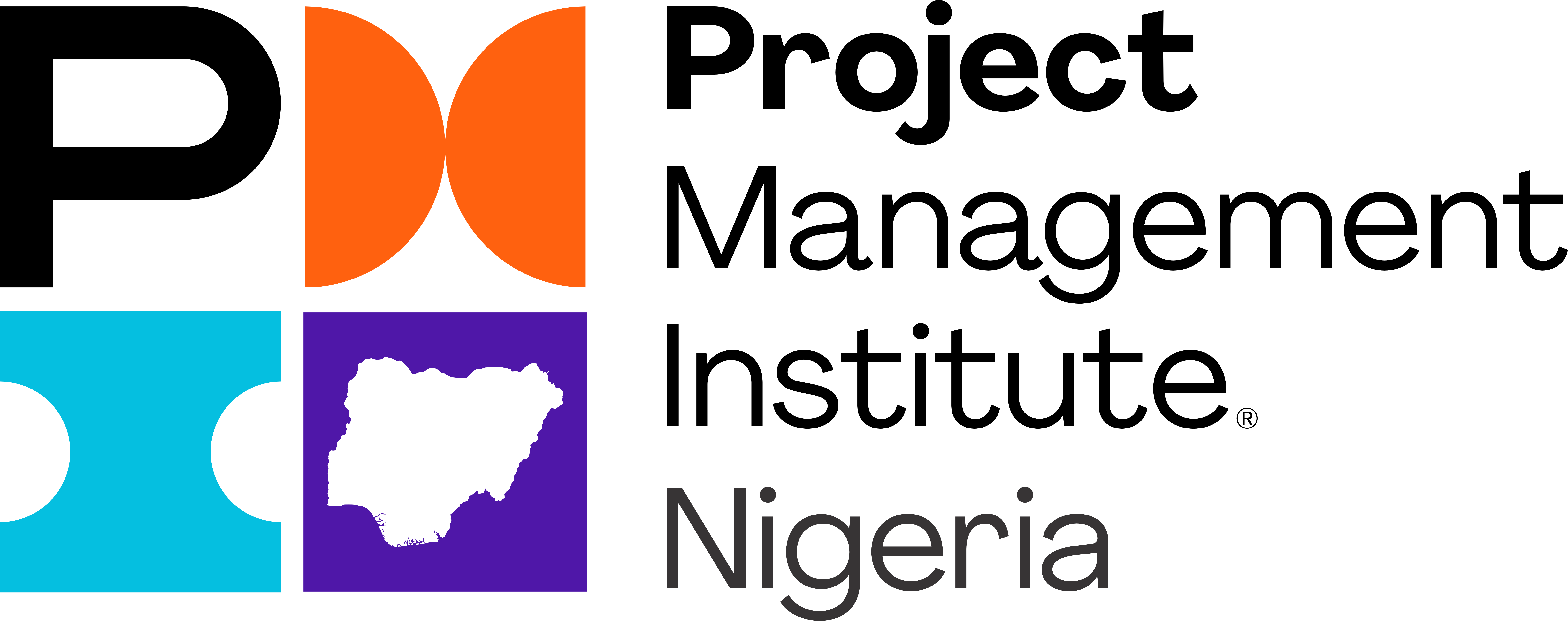Many people tend to look at scope, time and cost as 3 factors for completing a project and that all 3 can’t be set. This is the trouble with fixed scope, time & cost projects. Waterfall projects often fix all 3 with at one of these factors being missed. That is, scope is dropped, project is late, and/or we have cost overruns.
Agile attempts to have these work more effectively by fixing time & cost with time-boxing. This is the essence of a Scrum sprint. This is an improvement. The most important work can be accomplished & smaller cycles are a major improvement.
But this line of thinking still has the 3 in conflict with each other. Lean suggests that “scope” is more complex than just “what to do.” That we need to focus on actual value delivered, not merely what work is being done. Lean-thinking tells us that our work is composed of work of value (some more valuable than others) as well as waste. This waste is due to rework & working on the wrong items. Instead of being locked into the iron triangle (flipped or otherwise) we want to focus on eliminating this waste.

Most waste is due to delays in workflow and in feedback caused by poor workflows and teams being overloaded. Handoffs, handbacks, mis-communications and more are rampant. Lean-thinking tells us that scope, time and cost are not necessarily opposed to each other but that two other factors need to be attended to – product quality and workflow quality.
Attending to these five factors enable more useful work to be done in less time and with less cost. This happens because as product quality increases, rework for building the wrong thing goes down. As workflow quality increases, rework due to delays in feedback go down. It is also useful to note that risk also goes down as these factors work together.
The issue isn’t to see how to best do trade offs. It’s to understand that these five aspects work together and that true value can be realized in less time. This is the heart of business agility – the ability to realize value quickly, sustainably, predictably and with high quality.
This doesn’t, of course, mean schedules don’t matter. But it facilitates us focusing on delivering the most important value in an efficient method.



